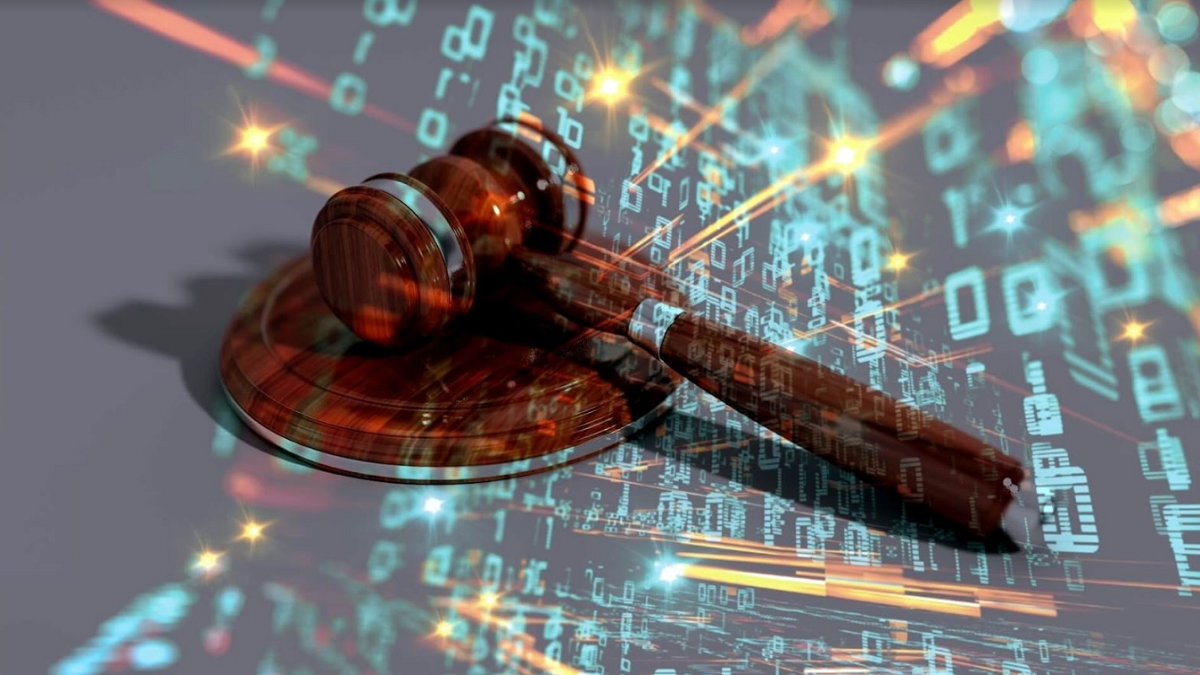Legislators and regulators are still grappling with the legal ramifications of artificial intelligence (AI), ranging from problems about machines being granted patents to issues of culpability for product failures produced by computers. The impact of AI on intellectual property (IP) law is particularly significant, with lawsuits being filed against tech companies for copyright infringement. The question arises whether existing IP legislation is sufficient to address the challenges posed by AI or if a re-examination of IP laws is necessary. The concept of fair use is also being debated in relation to AI. While the U.S., U.K., and EU courts are applying old legislation to AI technology, experts are divided on the issue. The involvement of machines in creating rights-protected work raises questions about ownership and liability. The legal landscape needs to adapt to the advancements in AI technology and the increasing number of patent filings. Legislators and regulators will have to address these challenges and ensure that the law keeps pace with the rapid changes brought about by AI.


3 responses to “AI and IP: A legal landscape in flux”